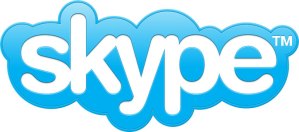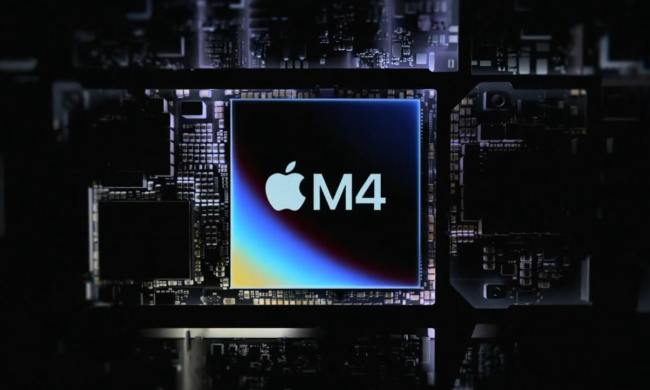
Seems as if online auction house eBay will be able to sell VoIP service Skype after all: eBay and an investment group including Silver Lake have reached a settlement with Joltid regarding the core peer-to-peer technology underlying Skype. The settlement ends all litigation with Joltid over Skype technology: suits in the U.S. and UK had threated to delay or derail eBay’s efforts to divest itself of Skype. Furthermore, as part of the settlement Skype founders janus Friis and Niklas Zennström will become minority investors in Skype, taking a 14 percent stake in the operation in exchange for Joltid technology and “a significant capital investment.”
“Skype will be well positioned to move forward under new owners with ownership and control over its core technology,” said eBay president and CEO John Donahoe, in a statement. “At the same time, eBay continues to retain a significant stake in Skype and will benefit from its continued growth.”
Under the deal, Silver Lake and other investors will hold a 56 percent stake in Skype, and eBay will retain at 30 percent stake in the company. Silver Lake’s investment partners include the Canada Pension Plan Investment Board and new tech investment firm Andreessen Horotwiz. Index Ventures has since backed out of the deal.
When the sale is completed, eBay will receive about $1.9 billion in cash and a note from the buyer in the principal amount of $125 million. Overall, the deal values Skype at about $2.75 billion.
eBay expects the deal to close this quarter.


